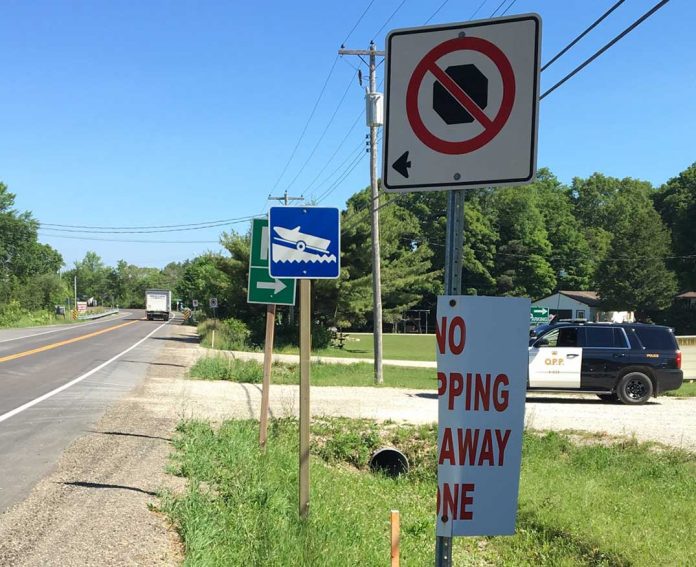A tale of two pandemic programs
When the pandemic hit, the government wanted to use Employment Insurance (EI) to address the sudden loss of income people were dealing with. Critics quickly reminded them of the significant difficulties workers were already experiencing accessing the program in good times, which is why there had been years of pressure to revamp it. In the heat of the moment, there was no way EI was going to be responsive enough to offer the support needed for such a significant event. New Democrats suggested the government should take the lead of other jurisdictions, like Australia, that were making direct payments to individuals to tide them over. This led to the creation of the Canada Emergency Response Benefit, or CERB, as most people came to know it.
Once conditions were set, people were encouraged to apply for the benefit. The criteria was simple enough, and most people who had earned $5,000 the 12 months prior were deemed eligible. Originally, it seemed as if the benefit was available whether the individual was an employee or self-employed. Then, in late 2020, people began receiving letters informing that they may or may not be eligible for the benefit they had been receiving. It was clear the government was changing rules mid-stream and among those most affected were self-employed.
Now, some are being told they will have to pay their CERB money back. This is, in many cases, despite seeking assurances at the outset that their application for the benefit was the appropriate course of action. To make matters worse, the government agreed in late April to avoid this scenario. That was when they supported an NDP motion to ensure that, “those who have applied in good faith for and received benefits through CERB or other programs to support them through this crisis will not be unjustly penalized.” Not only are they changing their rules, they’re breaking their word. It’s obvious they are as comfortable going after the little guy as they are reticent about reining in the biggest players in our economy.
Of course, the CERB wasn’t the only program designed especially for the pandemic. The Canada Emergency Wage Subsidy (CEWS) was brought about to try to keep employees in place through the pandemic as much as possible. At first, the government thought a 10 percent subsidy would be enough to keep workers in jobs. New Democrats argued, persuasively, for a much larger 80 percent subsidy that would help businesses, especially small- and medium-sized ventures. As we encouraged an appropriate subsidy, we also warned against the potential for abuse from the biggest employers.
That reticence was based on the 2008 stimulus package which was accepted by companies who went on to pay lavish executive bonuses. This led New Democrats to warn the government that it would be best to build protections against such profiteering into the CEWS. They chose to ignore that suggestion to predictable results. A National Post report explains that 68 publicly traded companies who received the CEWS also paid millions in dividends to shareholders. That means taxpayers are indirectly subsidizing payments to shareholders at the same time as the government is asking some CERB recipients to pay back what was applied for in good faith.
The difference could not be more stark. While the Liberals go after people who are barely surviving the pandemic, they’re refusing to go after big corporations that received a wage subsidy, made profits, and paid massive dividends to their shareholders. New Democrats think that isn’t fair and are calling on the government to stand by their original decision not to punish those who were encouraged to apply for the CERB before they changed the eligibility rules.




